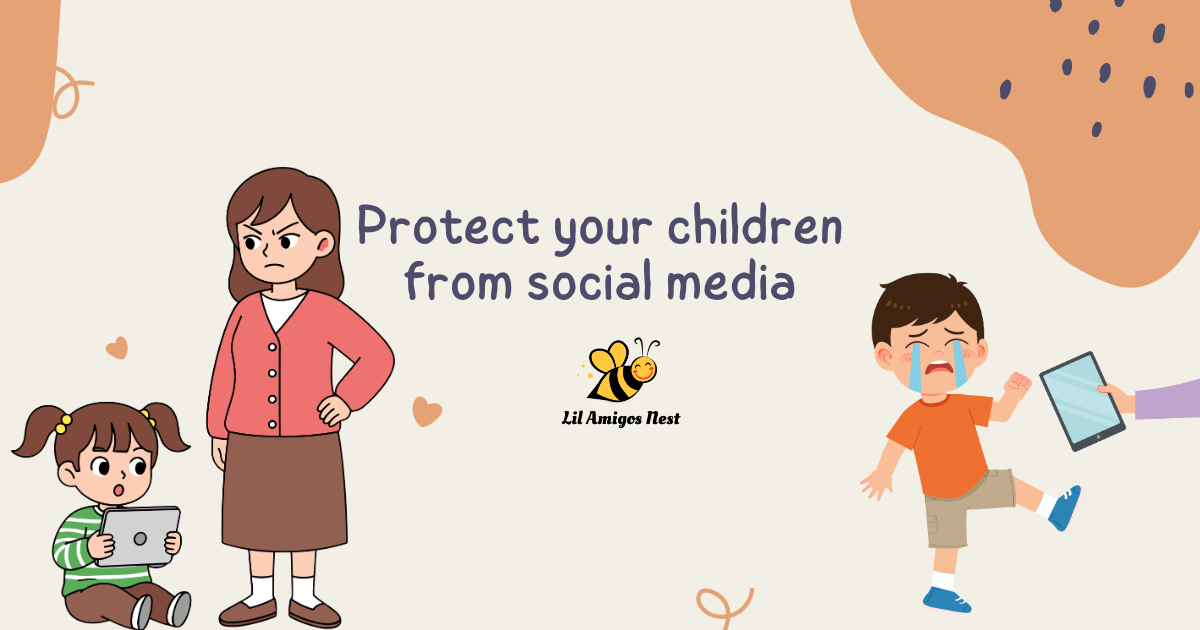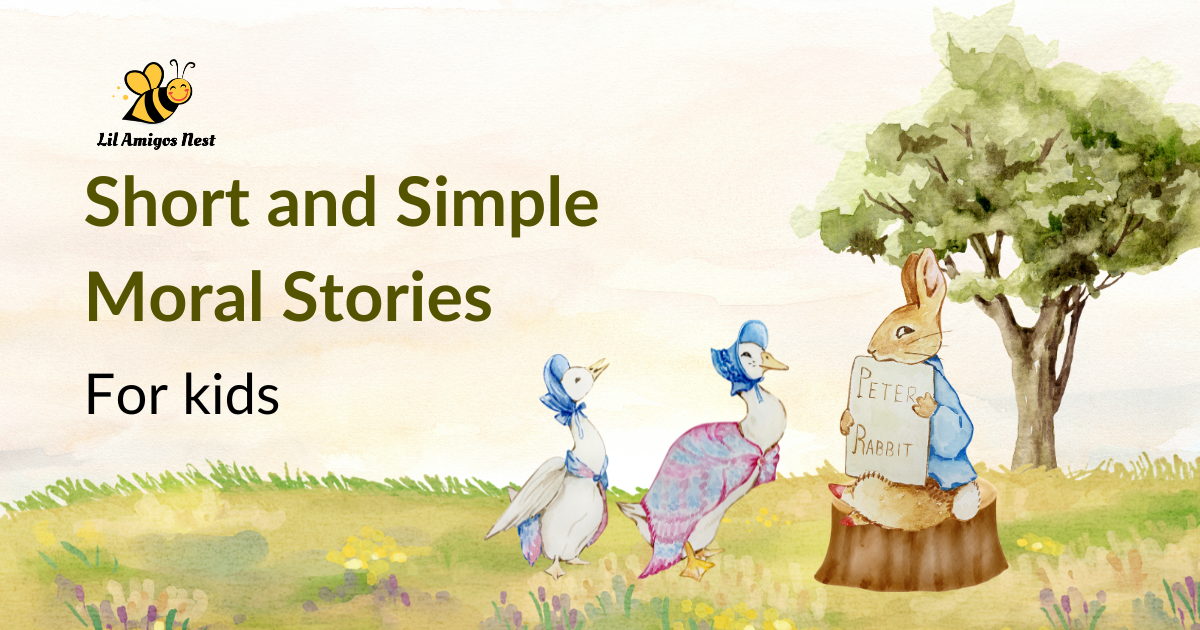How to Stop Sibling Rivalry Among Toddlers and Encourage Bonding!

Sibling relationships are one of the most beautiful yet complex bonds in a family. As parents, witnessing sibling fighting can be frustrating and heartbreaking. You want your children to be best friends, but instead, they seem to be at each other’s throats over the smallest things. Why does sibling rivalry happen? And how can parents create a peaceful home while fostering a strong sibling bond?
This blog will guide you through practical parenting tips for toddlers and older kids, ensuring your home is filled with love, not conflict.
Understanding Why Sibling Rivalry Happens
Sibling rivalry isn’t just about who gets the last cookie or the remote control. It often stems from deeper emotions and needs, such as:
- Competition for Attention – Children naturally crave their parents’ love and validation. When a younger sibling arrives, the older one may feel left out.
- Personality Differences – Every child is unique. One may be outgoing and loud, while the other is quiet and reserved, leading to misunderstandings.
- Age Gaps – The bigger the age gap, the more challenging it can be to find common ground.
- Parental Comparisons – Even unintentional comparisons like “Your sister always finishes her homework on time” can create resentment.
- Lack of Conflict Resolution Skills – Kids don’t naturally know how to handle disagreements. They need to be taught how to communicate effectively.
Recognizing these reasons helps parents address the root cause instead of just reacting to fights.
Parenting101: How to Reduce Sibling Fighting and Encourage Bonding
1. Don’t Play the Referee—Be the Coach
Many parents jump in immediately when a fight breaks out. While it’s important to stop physical harm, constantly taking sides can make things worse. Instead, coach your kids to solve conflicts themselves.
- Teach them to express emotions without yelling or hitting.
- Encourage compromise—Ask them how they can find a middle ground.
- Use “I” statements—Help them say, “I feel sad when you take my toys,” instead of “You’re so mean!”
This empowers them with lifelong conflict-resolution skills.
2. Create Special One-on-One Time with Each Child
A major trigger for sibling rivalry is feeling neglected. Make each child feel special by:
- Having a “mom and me” or “dad and me” day every month.
- Spending 10–15 minutes of undivided attention daily with each child.
- Validating their unique strengths—“I love your creativity” or “You’re so kind to your little brother.”
When children feel secure in their parents' love, they are less likely to fight for attention.
3. Encourage Teamwork, Not Competition
Avoid creating unnecessary competition, even in small things like, “Who can eat the fastest?” Instead, make them teammates:
- Give joint responsibilities—e.g., “You both need to clean up together before dinner.”
- Create family traditions—Like “Sibling Saturdays” where they do a fun activity together.
- Praise cooperation—“I love how you helped your brother find his toy.”
This teaches kids that they are stronger together rather than against each other.
4. Set Clear Family Rules
Having a parent portal with clear family rules can prevent conflicts. Some good rules include:
✔ No name-calling or hitting.
✔ Respect each other’s belongings.
✔ Use words to express feelings.
✔ If you can’t solve a fight, take a break and cool down.
Make sure everyone in the family follows these rules, including parents. Kids learn by example!
5. Teach Conflict Resolution Early (Especially for Toddlers)
Parenting tips for toddlers often focus on managing tantrums, but they also need to learn about relationships. Simple ways to teach toddlers about sibling bonds include:
- Reading books about loving siblings.
- Teaching them to take turns and share toys.
- Saying, “Your sister is sad. Let’s hug her.”
Even young children can understand kindness if we model it consistently.
6. Avoid Favoritism (Even Unintentional)
Kids have a sharp sense of fairness. Even if you don’t have a “favorite,” they might feel like one sibling gets more privileges. To avoid this:
- Balance praise—Celebrate each child’s achievements equally.
- Divide responsibilities fairly—One shouldn’t always get the bigger chores.
- Don’t compare siblings—Instead of saying, “Your brother gets good grades, why don’t you?” try, “I know you have your strengths, and I love that about you.”
Fairness reassures kids that they are valued equally.
7. Give Siblings a Common Goal
A great way to build sibling bonds is to have them work towards a shared goal. Examples include:
- A weekly sibling challenge—Who can make the funniest joke? Who can clean up the fastest together?
- Helping with family tasks—Like decorating the house for festivals or planning a surprise for mom/dad.
- Volunteering together—Helping a cause teaches empathy and teamwork.
Working towards something fun together makes them appreciate each other more.
Conclusion: Turning Rivalry into a Lifelong Friendship
No sibling relationship is perfect—fights will happen. But with patience and the right approach, you can transform rivalry into a strong, loving bond.
By understanding why sibling rivalry happens, teaching kids how to handle conflicts, and creating opportunities for teamwork, you set the foundation for a happy sibling bond that lasts a lifetime.
Remember, parenting101 is all about guiding, not controlling. With love, fairness, and intentional efforts, you can raise siblings who not only coexist but genuinely cherish each other.
What has worked for you in handling sibling fighting in your home? Share your thoughts in the comments!






















Please complete your information below to login.
Sign In
Create New Account